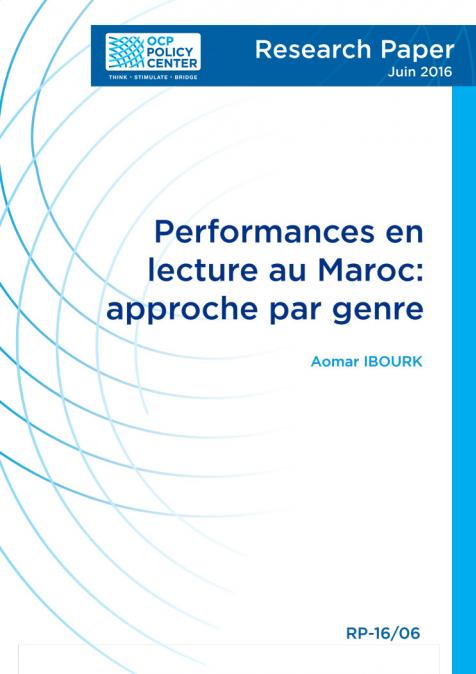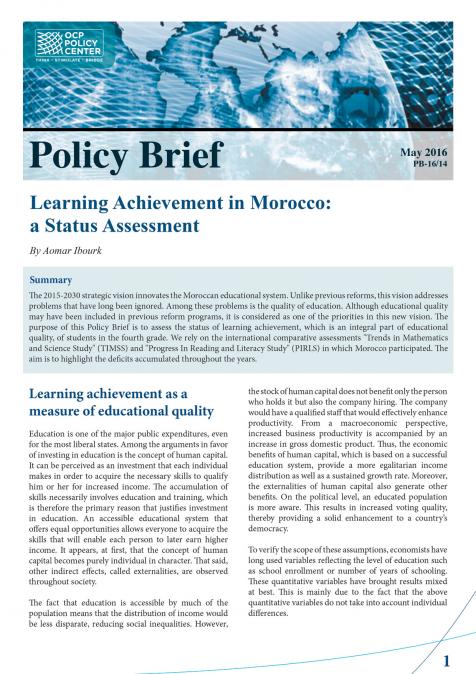من الجدير بالتذكير أن زلزال المغرب الذي استهدف إقليمي الحوز وتارودانت ليلة يوم الجمعة الموافق للتاسع من شتنبر سيفاقم من الصعوبات التي يواجهها اقتصاد البلاد الذي لازال يعاني من عبء كبير جراء الضغوطات التي أحدثتها الأوضاع الجيوسياسية في العالم، بما فيها تداعيات الصراع في أوكرانيا وما خلفته جائحة كوفيد-١٩، وكذا التأثيرات المحلية الناتجة عن تغير المناخ وظواهر الجفاف التي تساهم في تباطؤ معدلات النمو. كلها عوامل تؤدي إلى خفض التوقعات المالية ليس فقط على المستوى الدولي والاقليمي ولكن على المستوى المحلي بالخصوص. فإلى أي مدى ستؤثر مضاعفات الزلزال على النسيج الاقتصادي الذي عرف خسائر بشرية جسيمة خاصة في المناطق المنكوبة؟ وما هي الإجراءات المتخذة لإنهاء العزلة المحيطة بالمنطقة وإعادة إعمارها؟










